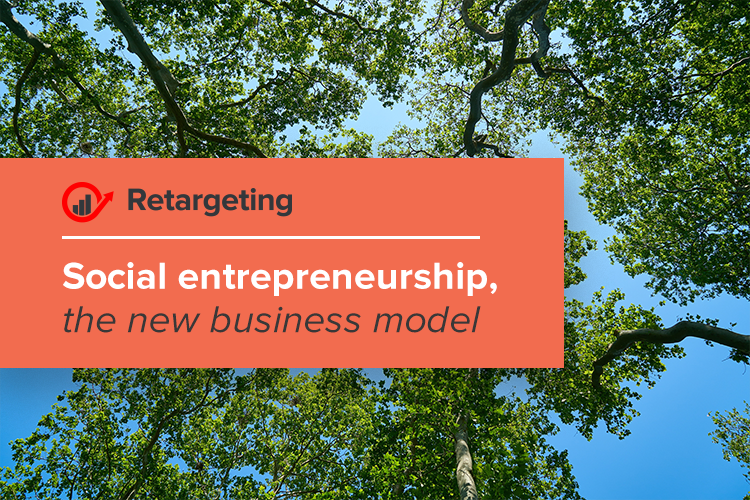Some start businesses to improve the quality of their life, others seek to work for themselves and some simply see an opportunity in the market that they can’t resist. But sometimes the motivation is the desire to use business as a means of creating positive change.
This is called “social entrepreneurship”, and it’s an approach to business that’s gaining in popularity as more people ask themselves, “What can I do for the world today?”
What is a Social Enterprise?
A social enterprise is a type of business where the bottom line and success metrics are measured in more than just profits. Instead, they typically measure success based on a triple bottom line:
– the social impact of the business, and it’s ability to change lives and develop a community in a sustainable way.
– the environmental impact, how it contributes to a sustainable planet or reduces the carbon footprint of the business and its customers.
– like traditional businesses, they need to make make money in order to sustain themselves, pay workers and grow as an enterprise.
Social Entrepreneurship is about harnessing commerce for a cause.
The benefits of building a social enterprise
In a recent study, 91% of global consumers expected companies to operate responsibly, and address social and environmental issues. Not only are businesses being held to a higher standard, but many consumers are holding themselves to a higher standard as well.
But, while social enterprises must dedicate a portion of their profits to the impact they want to make, they do enjoy the following benefits that help them succeed:
– a company with a cause at its core makes consumers feel good about every purchase;
– can partner with other non-profit organizations and for-profit companies to leverage existing audiences and established reputations to create a presence in their market;
– publications and blogs love to cover social enterprises and their impact, helping them to spread their efforts and share their impact;
– social enterprises can be eligible for grants, investment opportunities that focus on job creation and sustainability, and special certifications.
The mission and the impact
For social enterprises, their mission is a competitive advantage that can help them stand out in a crowded market.
Many social enterprises adopt a model where they donate a portion of profits to a cause, but that’s not the only way to position a company as a social enterprise.
There are also social enterprises that focus on:
– creating jobs within the communities they care about;
– reducing their carbon footprint and educating customers about it;
– teach skills and empower people to build better lives for themselves and their communities;
– advocating for diversity and inclusion and becoming an engine of inspiration.
Today’s young people are as concerned with making a positive impact on the world as they are with making money. A whopping 94% want to use their skills to benefit a cause.
Against this backdrop, social enterprise has taken off as a new formula for success, combining capitalism with a do-gooder mentality.


